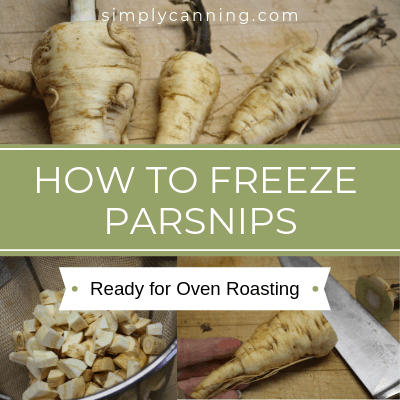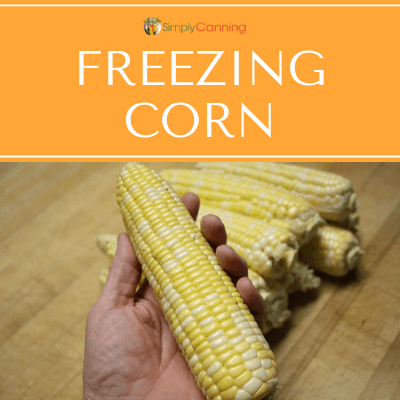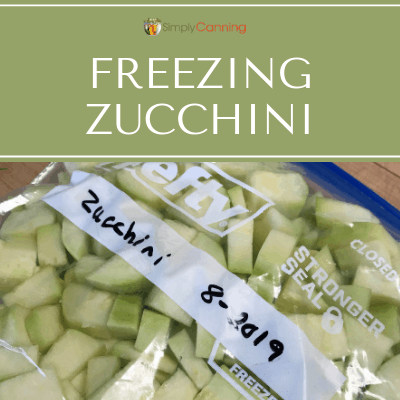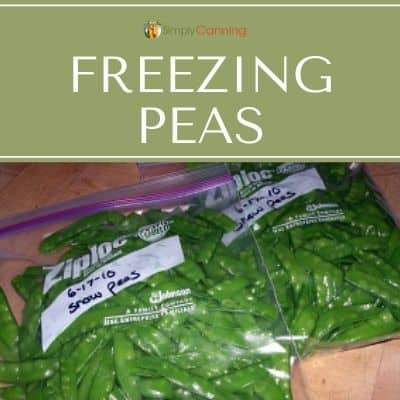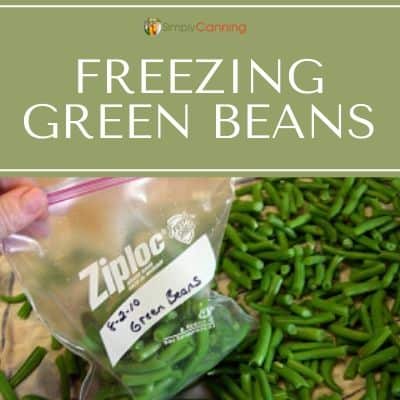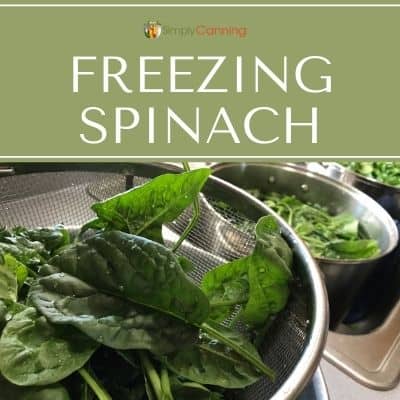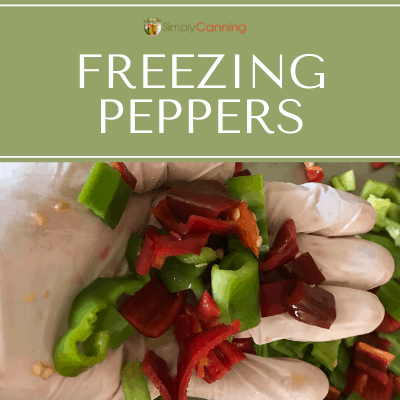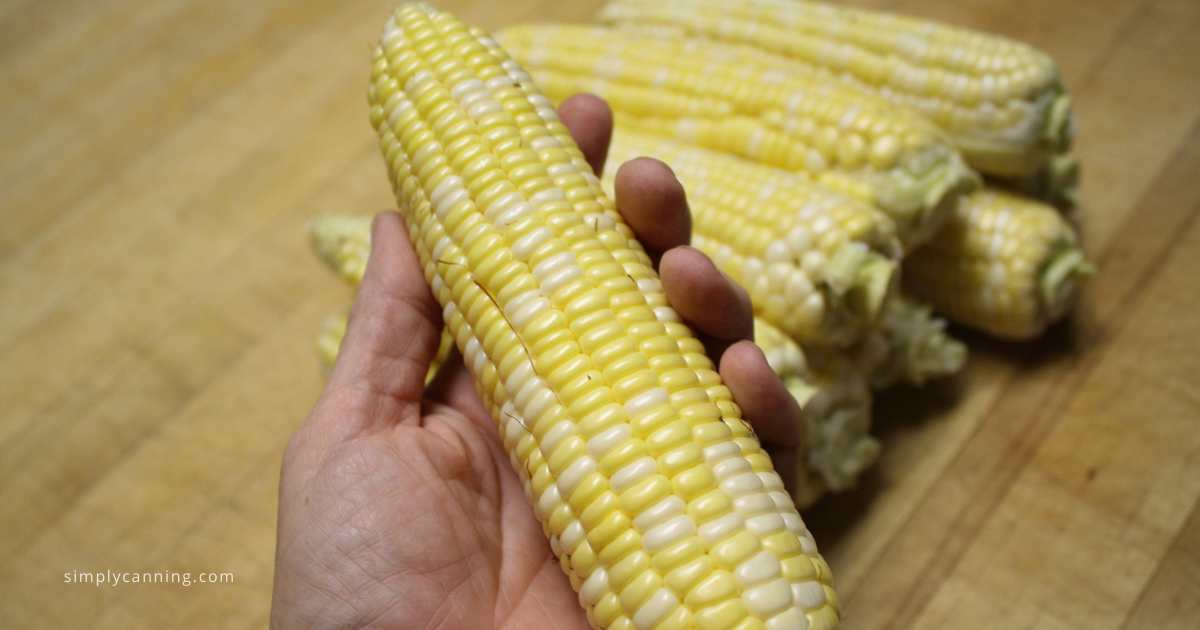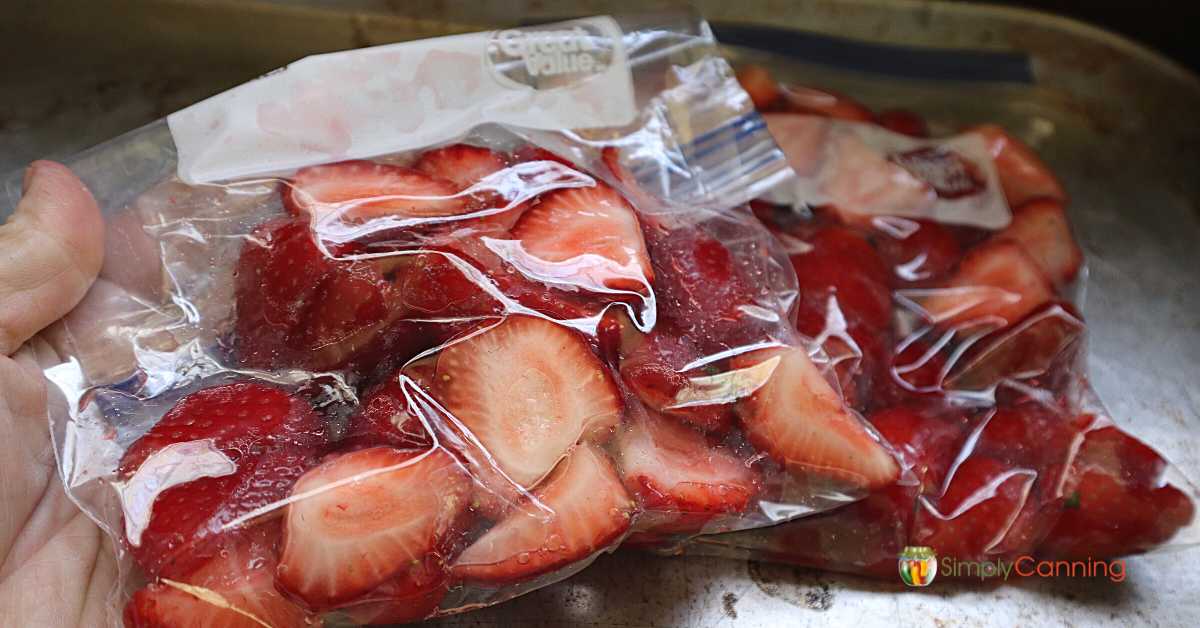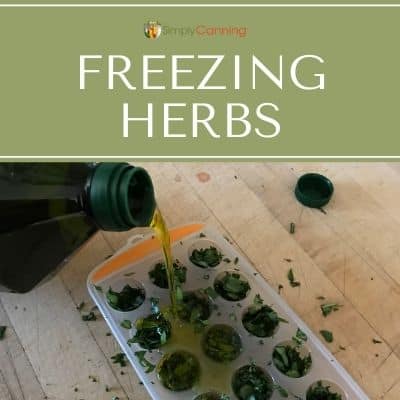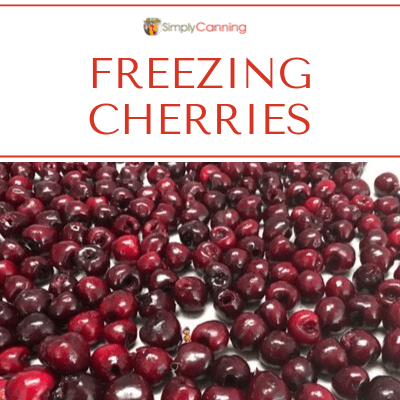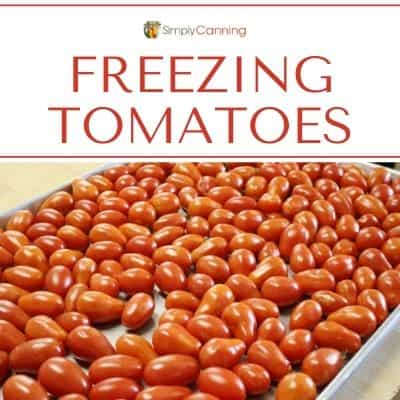Freezing Vegetables
This page may contain affiliate links. More Information.
Sometimes freezing vegetables is preferable to canning or dehydrating.
Some veggies are more appetizing frozen. Thinking peas here, anyone else not like canned peas? eww mushy! But I love frozen peas.
I like canning corn too but many people prefer corn frozen rather than canned.
Often I’ll be freezing vegetables simply because I’ve ended up with more than I’ll be able to can in a reasonable time. Freezing is a great way to take care of that excess quickly.
Or sometimes I just have a little of something and I don’t want to run the canner for only a couple of jars.
Remember the sooner you process your foods the better the quality will be. Just as canning does not make bad food good. Freezing does not make bad food good either.
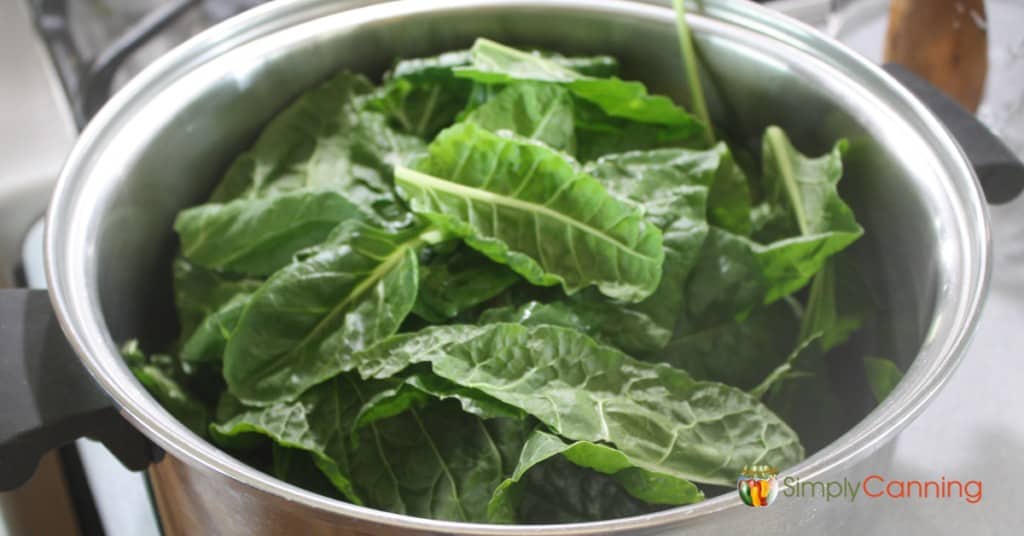
Freezing Vegetables
Root crops like turnips and parsnips are easy to freeze prepared for roasting and recipes. Learn how to prepare, blanch, and store parsnips.
A step by step guide for freezing corn on or off the cob.
Freezing zucchini, whether it is chopped, shredded, or cubed, is a fantastic way to preserve all your extras. SimplyCanning.com has all the tips and tricks you need to keep it fresh and nutritious!
Freezing peas fresh from the garden, while keeping nutrition and color intact, is a simple process anyone can master. Directions for shelled and unshelled are included at SimplyCanning.com
Freezing green beans fresh from the garden is a great method to preserve your food at peak freshness. Master the process quickly whether you are using pole or bush beans at SimplyCanning.com.
How to freeze corn, on or off the cob. It is an easy and nice alternative for preserving your harvest or farmer’s market haul. Learn more at SimplyCanning.com
Freezing spinach requires blanching to ensure freshness and proper freezing results. Keep fresh spinach on hand all year long for smoothies, soups, and more at SimplyCanning.com
Freezing peppers, whether they are jalapeño, green, red, or a mild chili, can help save sanity when there are too many to use up at once. Head to SimplyCanning.com to learn some tricks and get ideas.
Tips for Freezing Vegetables
- Frozen vegetables should be used within one year.
- Always freeze fresh ripe produce. Do not try to freeze overripe produce. Freezing does not make bad food good.
- Freeze your produce on the day that it was harvested if at all possible.
- If you can not freeze right away store your vegetables in a cool place. The refrigerator is best.
How to Blanch Vegetables.
Most vegetables will need to be blanched before freezing. This helps maintain vitamins and reduces the actions of enzymes. This will help produce to stay fresh longer.
First wash and drain vegetables.
Bring a pot of water to a full boil. Put vegetables in a blancher or some kind of a wire basket. Plunge the food into the boiling water. Start counting your time immediately. Blanch for the time indicated in your recipe or directions. Each vegetable has a different blanching time.
Immediately after the time is up. Dump the vegetables into ice cold water to cool. Stir gently during the cooling process. Keep the vegetables submerged in the cold water for the same amount of time that it was blanched. Add ice if necessary to keep the water cold.
I have seen it recommended that you plunge the basket and all into the cold water but I prefer to dump just the food. I like to keep my water as cold as possible and the blancher will only add that much more heat to the process.
After food has cooled, package, label and put into the freezer. Place packages in a single layer in your freezer until they are completely frozen. Then you can rearrange and stack things more conveniently. This allows the packages to freeze as quickly as possible. If you stack many on top of each other while still unfrozen, the layers in the middle will take much longer to freeze and may spoil.
Interested in Freezing Fruit?
How about Freezing Herbs?
Pin this to find later!
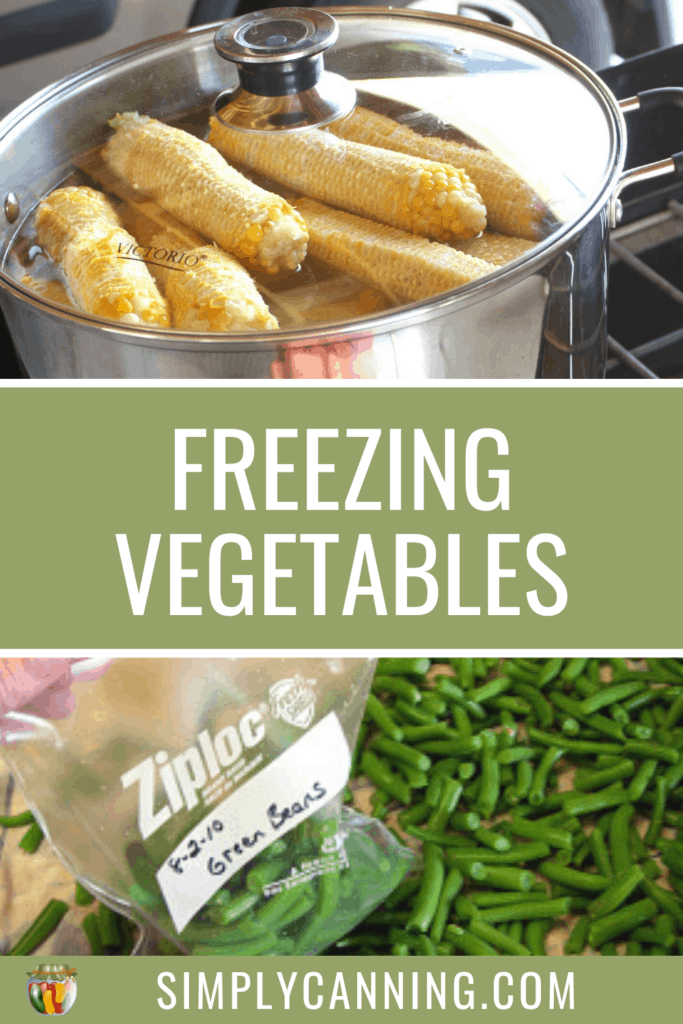
Page last updated: 4/15/2021

